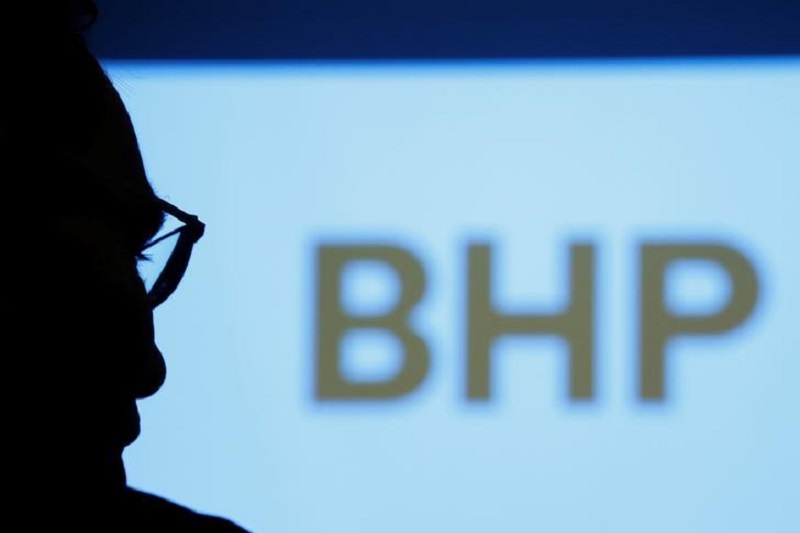This post was originally published on this site

Investing.com – European stock markets edged higher Tuesday, helped by strong earnings from mining giant BHP Group ahead of the release of key German ZEW sentiment data.
By 03:35 ET (07:35 GMT), the DAX in Germany traded 0.2% higher, the CAC 40 in France rose 0.2%, and U.K.’s FTSE 100 traded 0.3% higher.
European stocks are struggling to build on the positive momentum seen at the end of last week as global growth worries continue to be the dominant theme. That said, earnings have generally been positive, and that continued Tuesday.
BHP Group (LON:BHPB) stock climbed 3.7% after the world’s biggest miner by market value reported bumper profits on surging commodity prices. The Anglo-Australian group announced an annual earnings jump of 26% to $21.3 billion – its highest since 2011 – as well as a record dividend.
The company also failed to rule out a second approach after its spurned $6 billion bid for OZ Minerals (ASX:OZL).
Ted Baker (LON:TED) stock soared 16% after Authentic Brands agreed to buy the British fashion chain in a deal worth roughly 211 million pounds ($254.26 million), ending months of speculation about the U.K. company’s fate.
Philips (AS:PHG) stock rose 1.9% after the troubled Dutch health technology company unexpectedly announced that CEO Frans van Houten will leave in October, to be replaced by Roy Jakobs, head of the company’s Connected Care businesses.
Philips over the past year has been grappling with the fallout of a massive recall of ventilators and seen its market value tumble by around 15 billion euros since June 2021.
Turning to economic data, the U.K. labor market showed more signs of cooling as companies turned more cautious about hiring.
The country’s unemployment rate held at 3.8%, close to a half-century low, but the number of people in employment grew by 160,000 in the April-June period, a lot less than expected, and the number of job vacancies fell for the first time since mid-2020.
The German ZEW Economic Sentiment Index for August is due for release later in the session, and will be closely studied for signs of a fall in confidence in the Eurozone’s largest economy and main growth driver.
Oil prices fell Tuesday, extending recent losses on concerns of a deepening economic slowdown as well as a potential increase in OPEC supply.
Data on Monday showing U.S. manufacturing activity slowed much more sharply than thought over the last month, coupled with bleak industrial production data from top crude buyer China renewed fears of a global recession.
On the supply side, Iran responded positively to the European Union’s “final” draft text to save a 2015 nuclear deal on Monday, which could result in the removal of sanctions on Iranian oil exports, while Saudi Aramco (TADAWUL:2222), the world’s largest crude producer, also said it could potentially increase output.
Industry data on U.S. crude stockpiles are due later in the session on Tuesday.
By 03:35 ET, U.S. crude futures traded 0.6% lower at $88.89 a barrel, while the Brent contract fell 0.8% to $94.36. Both contracts fell around 3% on Monday, touching their lowest levels since early February.
Additionally, gold futures fell 0.4% to $1,791.35/oz, while EUR/USD traded 0.2% lower at 1.1044.

